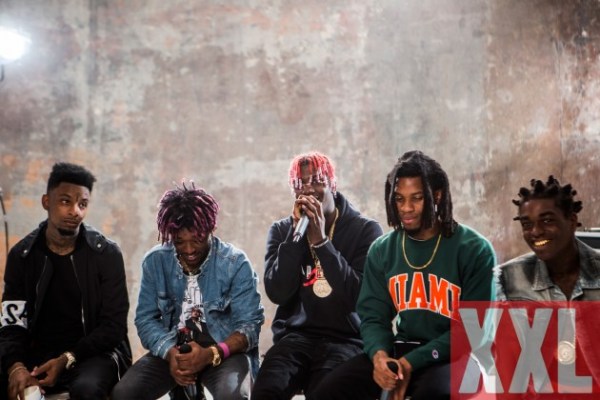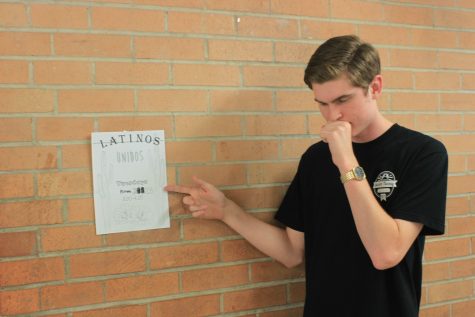The Evolution of Hip-Hop

November 7, 2016
First it was Nas, Coolio, and Tupac. Now there’s Lil Yachty, Kodak Black, and Future. What do these rappers have in common? Almost nothing, and that’s okay.
The gap between Hip-Hop generations is a tremendous one. Since the mid 2000’s, rap has undergone a shocking transformation, ditching hard hitting lyricism and traditional verses in favor of catchy hooks and lyrics glamorizing the trap lifestyle, often laced with innumerable layers of auto-tune. This new generation, affectionately labeled as “mumble-rap” by those older generations, has skyrocketed into the mainstream, largely in thanks to the new wave of Soundcloud rappers. While some consider this to be the death of “real” Hip-Hop, I consider it to be a re-birthing, a sort of renaissance if you will. Ladies and gentleman, we are living in the golden age of creativity in Hip-Hop.
The internet and social media has created a portal into endless possibilities. Rappers like Lil Yachty half-rap, half-sing over energetic beats, with lyrics preaching positivity and good vibes. Conversely, rappers like 21 Savage have become successful through lyrics glamorizing gang violence and narcotic distribution over dark, grimy beats. 2016 is also the golden age of production, with DJ’s such as Metro Boomin’ and DJ Khaled experiencing tremendous success, even going as far as to release solo albums, with various rappers lending their lyrics over their finest beats.
For those still unconvinced, consider the past transformations of Hip-Hop. In the 1970’s there was Grandmaster Flash and The Sugarhill Gang, all telling engaging anecdotes over quick, upbeat production. However, it wasn’t long before N.W.A, The Notorious B.I.G, Nas, and Tupac stormed onto the scene, ushering in a new era of gangsta rap, with menacing lyrics over even more menacing beats. Was this transformation bad? At the time, maybe it seemed so, as it painted a very dark image of rap, creating the stereotypes that all rappers are avid gang-bangers and criminals. Reflecting on it now though, this transformation was crucial, as it truly propelled Hip-Hop into the mainstream.
Who’s to say this new era of Hip-Hop will be any different? History has a tendency to repeat itself, and perhaps this new generation of “mumble-rappers” will engage new audiences, creating a chapter in Hip-Hop unlike anything that has ever been seen before.











